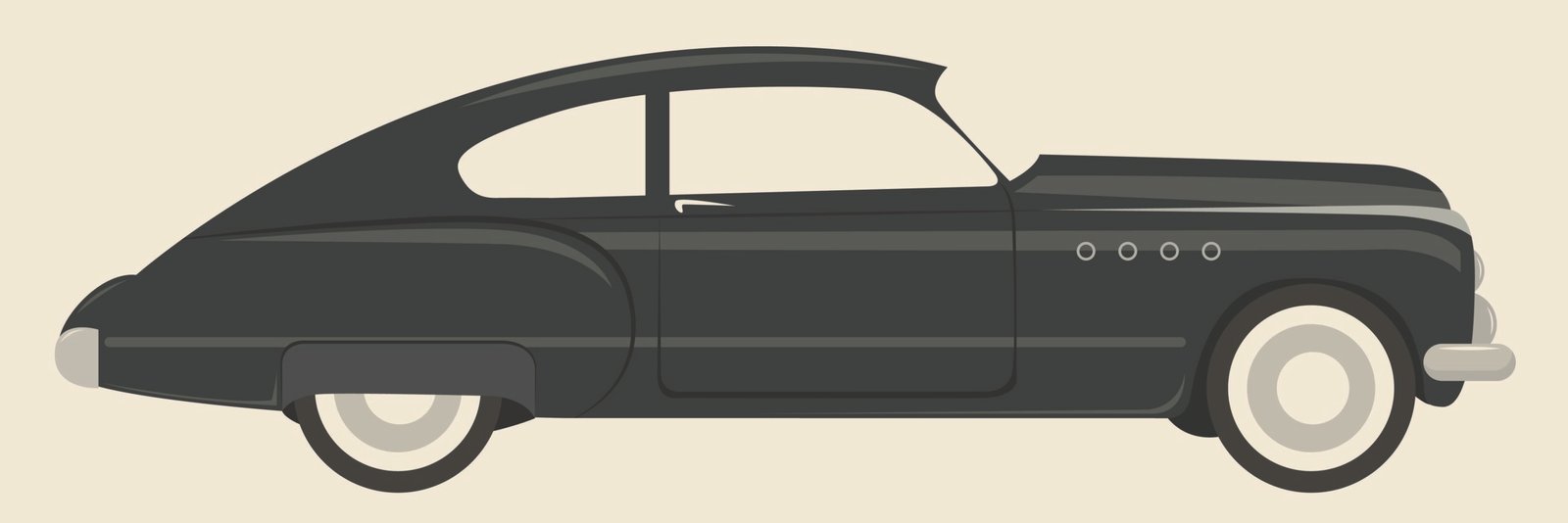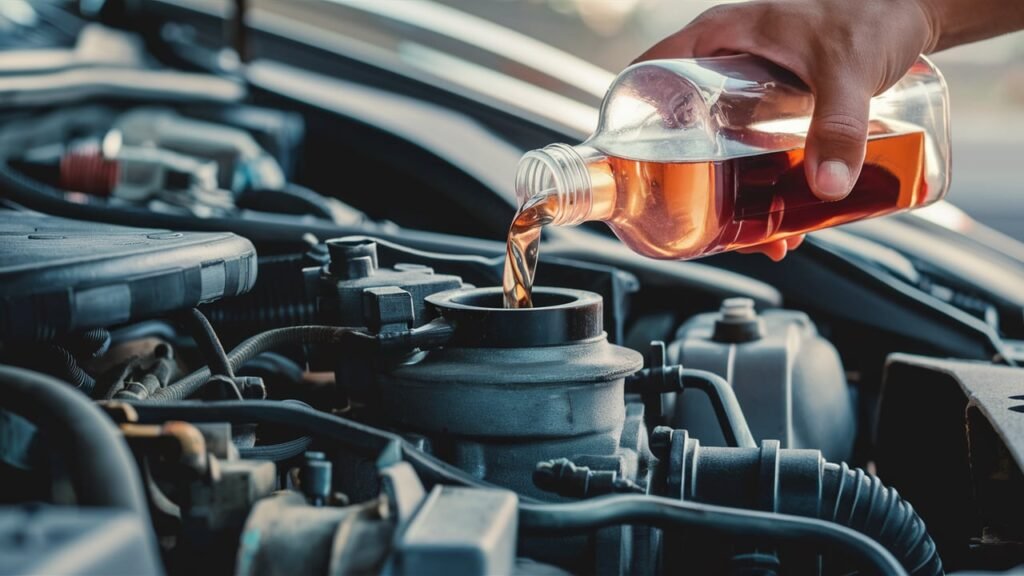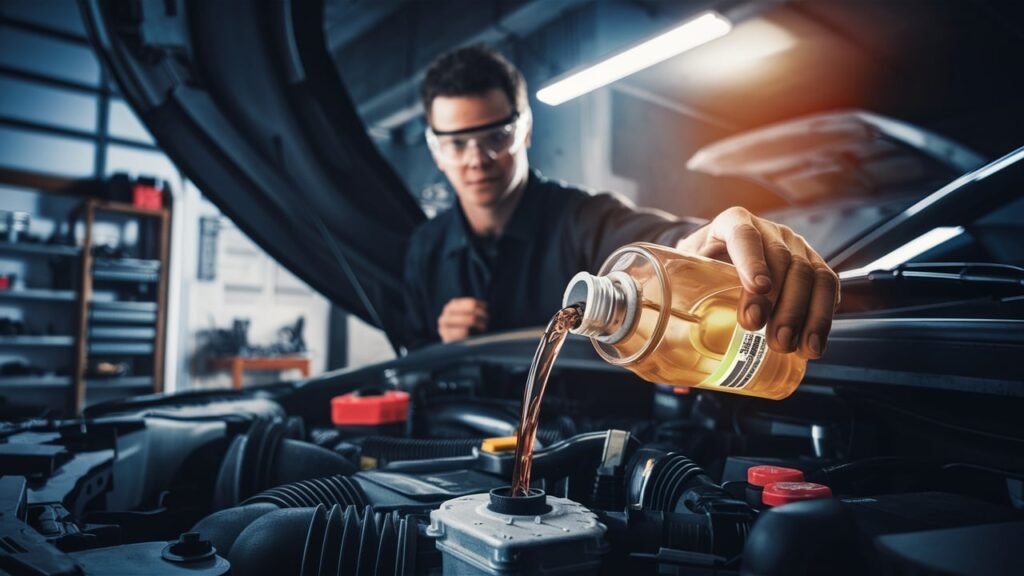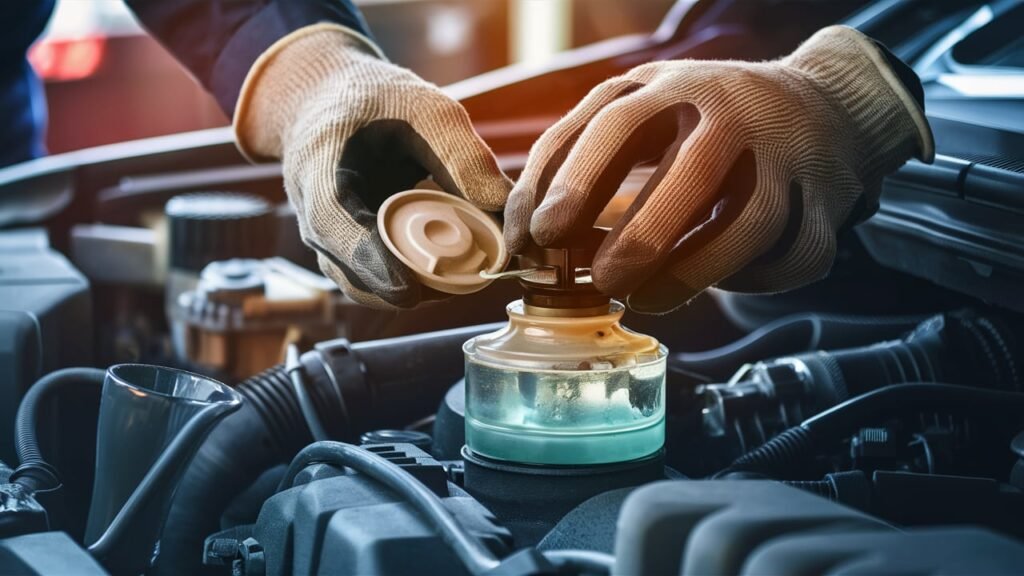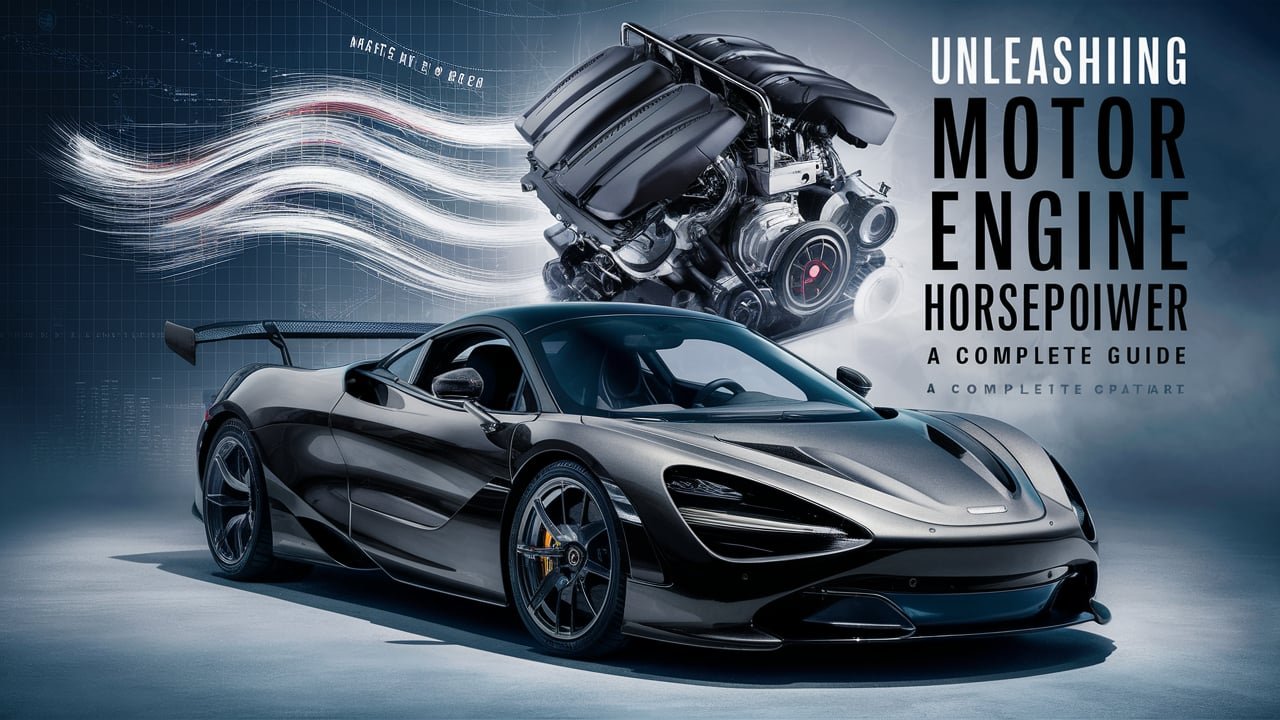
Unleashing Motor Engine Horsepower: A Complete Guide
In the realm of automotive performance, the concept of horsepower stands as a defining metric that enthusiasts and car owners alike hold in high regard. Within the intricate symphony of an engine’s components lies the essence of power waiting to be unleashed.
Understanding this fundamental unit is not merely a quest for knowledge; it is a gateway to maximizing a vehicle’s potential on the road or track. Delving into the origins of horsepower unveils a rich history interwoven with the evolution of engine prowess, dating back to when James Watt sought to quantify the work capacity of horses for efficient steam engines.
As we embark on a journey through motor engine horsepower, we are presented with a tapestry of intricacies that define performance excellence. The significance of comprehending horsepower transcends mere numerical values; it encapsulates a holistic grasp of an engine’s capabilities, tuned to precision like a well-conducted orchestra.
From its humble beginnings rooted in historical necessity to its modern-day manifestation as a key determinant in automotive engineering, horsepower remains an ever-evolving pillar of vehicular advancement and enthusiast fascination.
Join us as we unravel the complexities and nuances that underpin this essential element, guiding you through an enlightening exploration into unleashing the full potential nestled within your vehicle’s beating heart.
Understanding Horsepower in Motor Engines.
Understanding horsepower in motor engines is crucial for automotive enthusiasts and car owners alike as it serves as a key indicator of a vehicle’s performance capabilities. Horsepower, commonly abbreviated as hp, represents the rate at which work is done by an engine.
This metric provides insight into how much power an engine can deliver to propel a vehicle forward. In essence, horsepower relates directly to the ability of an engine to generate force and speed.
When delving into the realm of horsepower, it’s essential to differentiate between various types of horsepower measurements. Brake horsepower (BHP) refers to the power developed by an engine at its crankshaft without accounting for any mechanical losses within the drivetrain.
Wheel horsepower, on the other hand, denotes the amount of power actually reaching the wheels after going through the transmission and other drivetrain components. Indicated horsepower represents theoretical power based on pressure readings inside the engine cylinders, providing insight into internal combustion processes.

Multiple factors influence horsepower output in motor engines. Engine size plays a significant role, with larger displacement engines generally capable of producing more power due to increased capacity for fuel combustion.
The type of fuel used also impacts horsepower output, with higher-octane fuels allowing for more efficient combustion processes. Additionally, turbocharging and supercharging are techniques employed to increase airflow into the engine, resulting in enhanced power production by boosting air-fuel mixture volumes.
An analogy can be drawn to illustrate these factors: Imagine an engine as a runner where engine size corresponds to muscle mass affecting strength (horsepower), fuel type acts like nutrition optimizing performance efficiency, and turbocharging/supercharging works akin to enhancing lung capacity for increased endurance and speed.
By understanding these concepts, enthusiasts can appreciate how different elements work together harmoniously or competitively in shaping an engine’s overall performance output.
Measuring and Calculating Horsepower.
Dynamometers play a crucial role in the accurate measurement of engine horsepower. These devices come in various forms, including engine dynamometers and chassis dynamometers. An engine dynamometer directly measures the power output at the engine’s crankshaft, providing precise readings of factors like torque and RPMs.
In contrast, chassis dynamometers measure power at the wheels, incorporating factors like drivetrain loss into their calculations. Understanding how these tools function can help enthusiasts and mechanics determine the true power capabilities of an engine setup accurately.
To calculate engine horsepower based on torque values and RPMs, a specific formula must be applied. The formula for calculating horsepower is: Horsepower = Torque (in pound-feet) x RPM / 5252. This calculation showcases that both torque and engine speed are essential components in determining overall horsepower output.
By utilizing this formula with data collected from dynamometer readings or provided by manufacturers, individuals can gain insights into their engines’ performance levels accurately.
Accurate horsepower measurements are paramount when tuning a vehicle for optimal performance. Tuning software often relies on precise power figures to make adjustments to fuel delivery, ignition timing, and other critical parameters.
Without reliable horsepower data, tuning efforts may yield suboptimal results or even cause damage to the engine due to incorrect settings. Therefore, ensuring that horsepower measurements are as precise as possible is key to unlocking a vehicle’s full potential while maintaining its longevity and reliability on the road or track.
Increasing Horsepower: Performance Upgrades.
When it comes to increasing engine horsepower, performance upgrades play a crucial role in unleashing the full potential of your vehicle. Common upgrades include intake and exhaust enhancements, tuning software modifications, and forced induction systems like turbochargers or superchargers.
Intake and exhaust upgrades optimize airflow into and out of the engine, enhancing combustion efficiency for a boost in power. Tuning software allows for precise adjustments to fuel delivery, ignition timing, and other engine parameters to maximize performance. On the other hand, forced induction systems compress air intake to deliver more oxygen into the engine, resulting in increased horsepower output.
Each type of performance upgrade comes with its own set of pros and cons concerning reliability, cost, and legality. Intake and exhaust upgrades are relatively simple to install and can provide noticeable gains in horsepower but may void warranties if not done correctly.
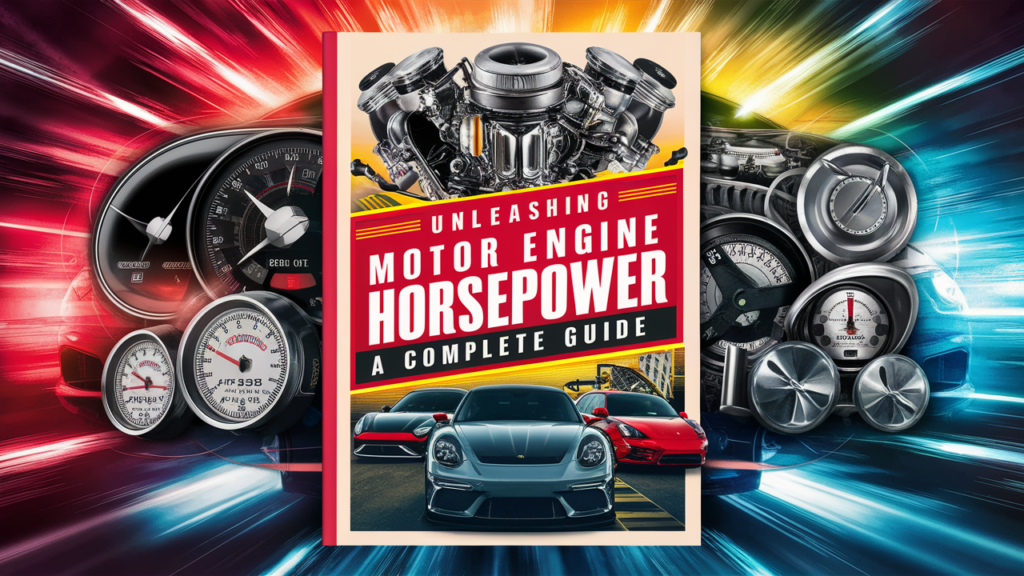
Tuning software offers flexibility in customization but requires technical knowledge to avoid damaging the engine. Forced induction systems are potent in boosting power but can be costly to install and maintain over time. When considering these upgrades, it is essential to weigh the benefits against potential drawbacks while adhering to legal requirements regarding vehicle modifications.
To ensure a well-rounded approach to increasing horsepower without compromising handling or braking capabilities, it is crucial to balance enhanced power with other aspects of vehicle performance. For instance, upgrading brakes and suspension components alongside engine modifications can ensure that your vehicle can effectively handle the added power increase.
Moreover, investing in high-performance tires can improve traction and stability when accelerating with higher horsepower levels. By taking a holistic approach to performance upgrades, car owners can enjoy an optimized driving experience that combines power with control for a thrilling ride on both road and track.
Maximizing Horsepower Efficiency.
To truly unleash the full potential of your engine’s horsepower, maximizing efficiency is key. Regular maintenance practices play a crucial role in ensuring that your engine operates at its peak performance levels. Simple yet effective tasks such as changing the oil regularly, replacing air filters, and checking spark plugs can have a significant impact on maintaining optimal engine efficiency.
For instance, a clogged air filter restricts airflow into the engine, leading to reduced power output. By replacing it with a clean filter, you allow the engine to breathe freely, optimizing horsepower delivery.
Another essential factor in maximizing horsepower efficiency is maintaining proper cooling systems. Engines generate a substantial amount of heat during operation, and an inefficient cooling system can lead to overheating and decreased power output.
Ensuring that your radiator is functioning correctly, coolant levels are adequate, and there are no leaks in the system is vital for consistent power delivery. For example, a car participating in track events may benefit from upgraded cooling systems to handle the increased heat generated during strenuous driving conditions.

Moreover, weight reduction techniques can also significantly impact your vehicle’s power-to-weight ratio for enhanced acceleration capabilities. Every additional pound removed from the vehicle contributes to improved performance by reducing the load that the engine must propel forward.
For instance, swapping heavier components like steel wheels for lightweight alloy alternatives not only enhances acceleration but also aids in handling improvements due to reduced unsprung weight. Balancing horsepower gains with weight reduction strategies can result in a more agile and responsive driving experience overall with impressive acceleration figures.
Tuning for Horsepower: Dos and Don’ts.
When it comes to tuning for horsepower, it’s crucial to follow certain dos and don’ts to ensure your engine performs optimally without risking damage. One of the key recommendations is to seek professional tuning services from experienced technicians or use reputable tuning software.
Professional tuners have the expertise to make adjustments that enhance horsepower safely while ensuring the engine operates within its limits. Reliable tuning software can also provide accurate data for fine-tuning performance without compromising the engine’s longevity.
On the flip side, a critical don’t in tuning for horsepower is avoiding over-tuning engines beyond their capacity. Over-tuning can lead to excessive stress on engine components, potentially causing damage that not only impacts performance but could also void warranties.
It’s important to find the right balance between enhancing power delivery and maintaining the overall health of the engine. Understanding the limits of your engine and respecting manufacturer specifications are essential in preventing unnecessary risks associated with aggressive tuning.
Finding equilibrium when tuning for horsepower involves a delicate interplay between maximizing performance gains and safeguarding the durability of your engine. By making informed decisions based on expert advice or reliable software tools, you can achieve significant power enhancements without compromising long-term reliability.
The key lies in understanding how modifications impact different aspects of engine operation and ensuring that each adjustment aligns with the overall goal of improving performance while maintaining engine integrity and longevity.
Embracing the Potential: Harnessing Power within Your Engine.
In delving into the intricacies of motor engine horsepower, we have unlocked a wealth of knowledge that can empower automotive enthusiasts, mechanics, and car owners alike. Understanding the dynamics of horsepower unveils the key to optimizing your vehicle’s performance.
From brake horsepower to wheel horsepower, from performance upgrades to maintenance practices, each aspect contributes to the symphony of power production in an engine.
As you navigate the realm of maximizing horsepower efficiency and tuning your engine for optimal performance, remember that this knowledge is not merely theoretical but rather a practical tool at your disposal.
By embracing this newfound understanding and continuously seeking ways to unleash the full potential of your engine, you embark on a journey towards a more exhilarating driving experience. So, take charge, explore further possibilities, and let the power within your engine drive you towards new horizons of automotive performance excellence.
